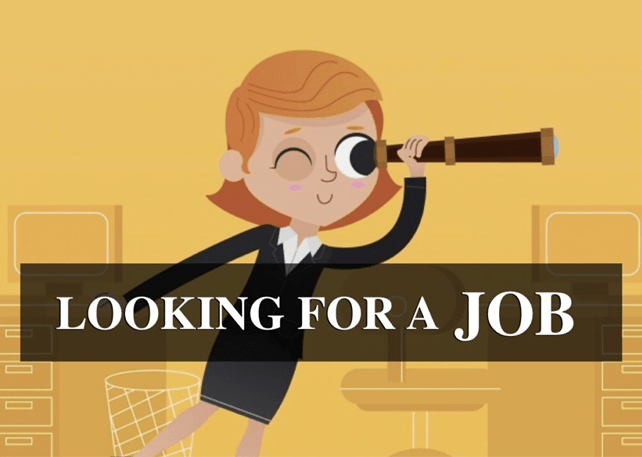Finding a job can be difficult for many as the selection process can often be quite abrupt and, if we’re completely honest, rather shallow. Recruiters and HR personnel often have to sift through hundreds of CVs in a short amount of time and may only take a few seconds to glance at your CV before deciding to shortlist or reject your application.

In an ideal world, your personal circumstances shouldn’t deter you from securing work just like anybody else, but unfortunately prospective employers can make snap judgements, often choosing whichever path is easiest for them at the time. As a result, candidates with criminal records, a lack of local experience or disabilities can often be overlooked. This isn’t always done intentionally or maliciously but it can be an unfortunate reality.
If you fall into any of these categories, the odds are inevitably stacked against you. It’s therefore crucial to understand how you can best showcase your knowledge, experience and personality in order to make a solid first impression and secure the job you want.
Tips for finding work with a disability, lack of local experience or criminal record
Know your rights
More often than not, the person interviewing you may not even know what your rights are. So if you have a disability and require a certain amount of ongoing support, go into your interview armed with that information. Inform your prospective employer of your needs and exactly which government schemes can assist you. In some cases, employers could even be eligible for some financial support, so they may actually save some money by employing you, as opposed to the other way around.
Likewise, if you’ve recently come out of prison and are looking for work, you need to know exactly what you are allowed to do and what you’re entitled to. Don’t shy away from the issue, be calm and clear with the interviewer and let them know exactly what the situation is.
If you’ve recently migrated to Australia and have no local experience, don’t be afraid to spell out exactly what experience and skills you have that apply to the role. Make sure you are also well informed about your visa status and work rights.
Get the right support
Job searching isn’t easy at the best of times. And it can be particularly difficult if you’re also dealing with additional factors that many job seekers don’t have to worry about. Whether you’re living with a disability, have recently migrated to the country or have a criminal record, there are organisations out there who specialise in providing employment services in Australia for people just like you.
Whether it’s helping you to write a CV, providing you with English courses to improve your language skills or simply connecting you with suitable employers, specialist help is available. So rather than banging your head against a wall, utilise the services that are available to you and get the tailored help that you need.
Ask for feedback
Nobody likes to hear bad news, but if you do keep getting rejected based on your CV or your interview skills, don’t be afraid to ask for some feedback. Although some might brush you off or say they are too busy to provide individual feedback, others may be able to provide you with some vital information that could make a real difference to your job search.
Whether it’s rearranging your CV, correcting a few typos or working on your interview skills, getting some feedback will help you to make improvements to your job searching techniques which could help you land a great job in the future.
Conclusion
Finding a job can be a long and tiring process, but it doesn’t have to be impossible. If you’re struggling to find work because of your personal circumstances or additional requirements, there is plenty of help out there for you. Give yourself the best chance at finding a job you actually like by being educated about your rights and reaching out to organisations who can help. And finally, be open to constructive criticism. Although it’s not always nice to hear, it could be the key to you finding the job of your dreams!
